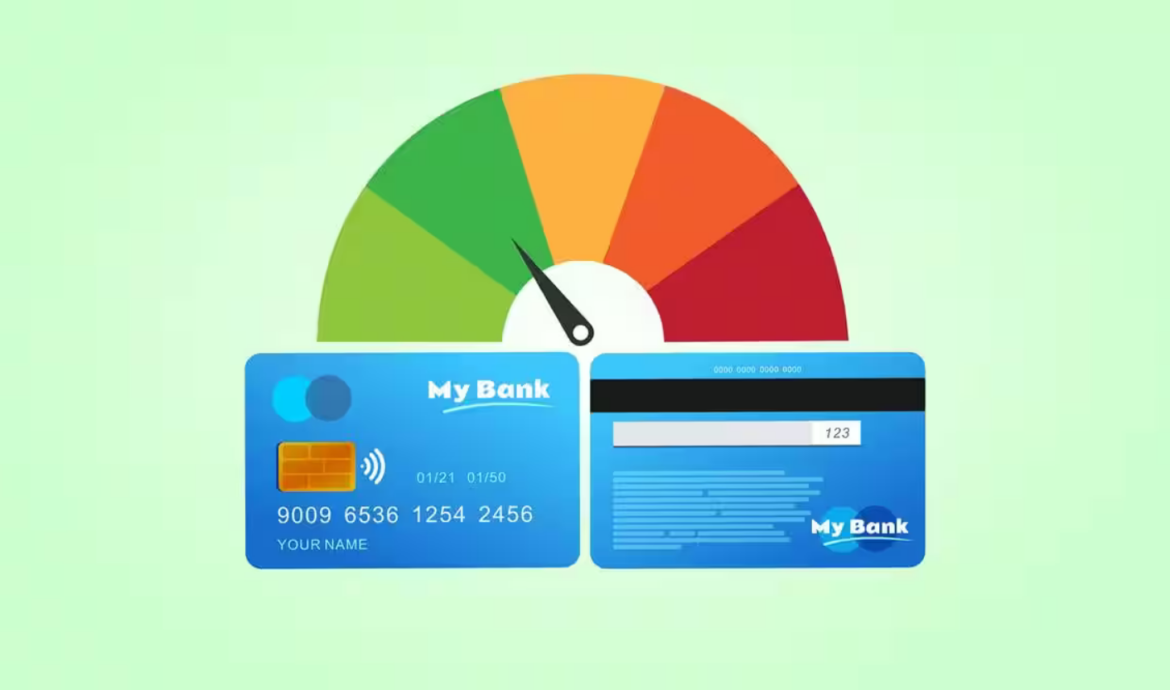
Three reasons why you should check your credit score and credit report regularly
credit newsWhen you submit an application for a loan or credit card, the lender examines your credit score to determine your eligibility for that particular credit line. Thus, having a favorable credit score is a prerequisite for loan approval. But what exactly does a credit score signify?
A credit score is a three-digit number that communicates your creditworthiness to the lender based on your credit history. It reflects your ability to take on a loan and repay it. This numerical value is assigned after evaluating your historical financial data, falling within the range of 300 to 900. A credit score of 750 or above is deemed ideal. Beyond facilitating loan approval, a robust credit score enables you to negotiate more favorable terms and conditions.

Your bank shares your credit information with RBI-licensed credit bureaus in India. While credit scores may vary among bureaus, the underlying criteria generally remain consistent.
Given the pivotal role of a credit score in financial matters, it’s crucial to regularly check it. This article outlines three compelling reasons to monitor your credit reports and scores regularly:
1. **Error Identification:**
Regularly checking your credit report and score is essential for spotting any inaccuracies in your credit history or personal details. Since your credit score is contingent on data reported by banks to credit bureaus, accuracy is paramount. Detecting and addressing errors promptly can prevent a situation where your credit score suffers due to a reporting mistake. Regular comparison of reports from different bureaus ensures uniformity in the presentation of your credit data, thereby averting potential score reductions.

2. **Tracking Creditworthiness:**
Monitoring your credit score provides insight into how your credit behavior influences your score. Understanding the impact of actions like late payments allows you to take corrective measures to enhance your creditworthiness. Building and maintaining a positive credit history is a gradual process. Regular score checks empower you to foresee and address any issues, enhancing your borrowing prospects when needed.
3. **Identifying Identity Theft and Hard Inquiries:**
Regular credit score checks serve as a safeguard against identity theft. Instances of someone impersonating you and misusing your personal information for financial transactions can be detected through anomalies in your credit report. Unwarranted hard inquiries triggered by fraudulent activity should be promptly reported to both credit bureaus and financial institutions, preventing potential damage to your credit score.

**In Conclusion:**
Distinguishing between hard and soft inquiries is crucial. While hard inquiries occur when lenders assess your credit report for loan applications, soft inquiries are when you personally check your credit score, having no impact on your score. Maintaining control over your credit habits is vital. Various platforms are available to check your credit score and receive notifications upon report updates. With many lending institutions tying their best rates to credit scores, preserving a healthy credit score is integral to securing optimal deals.